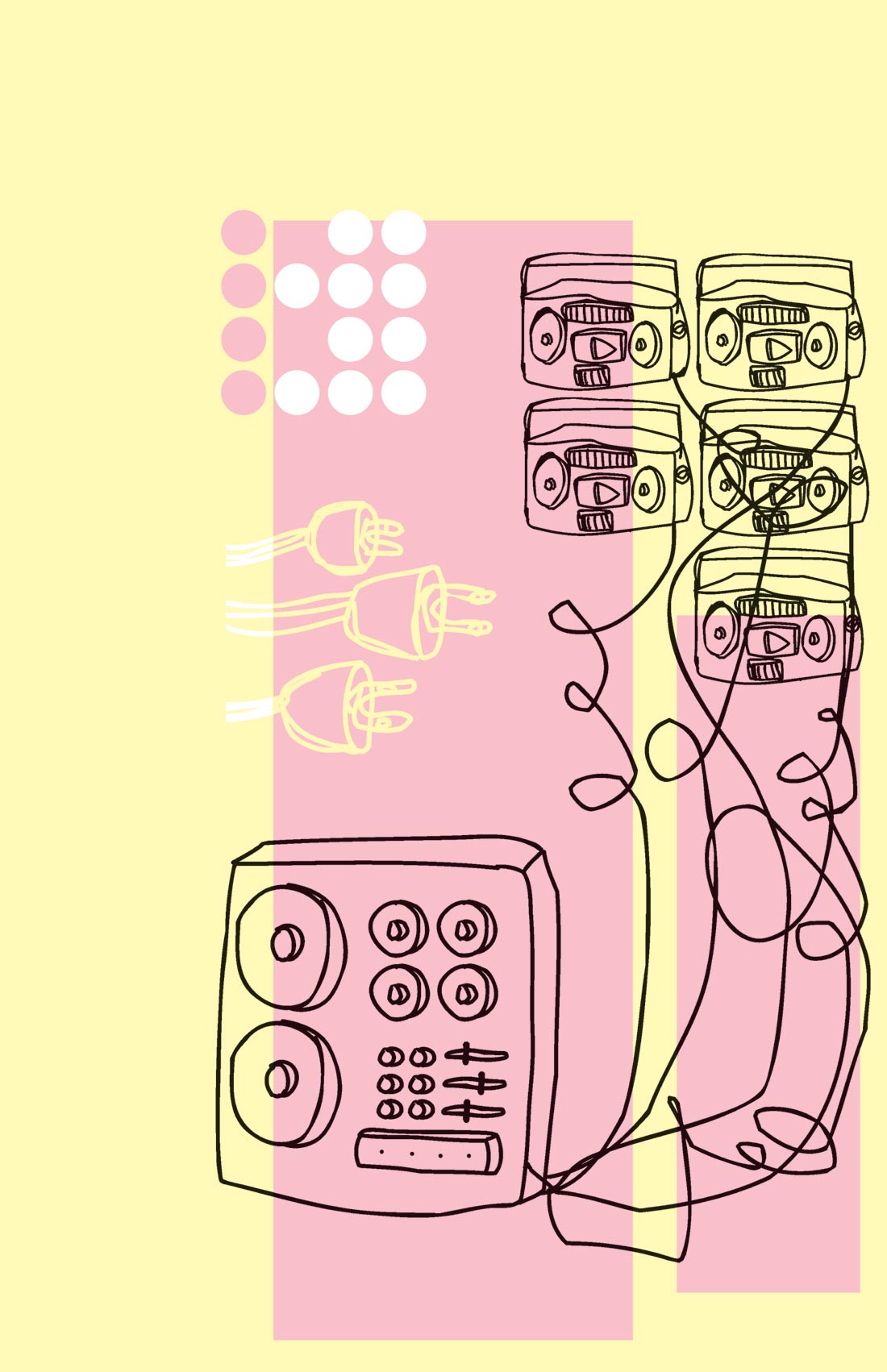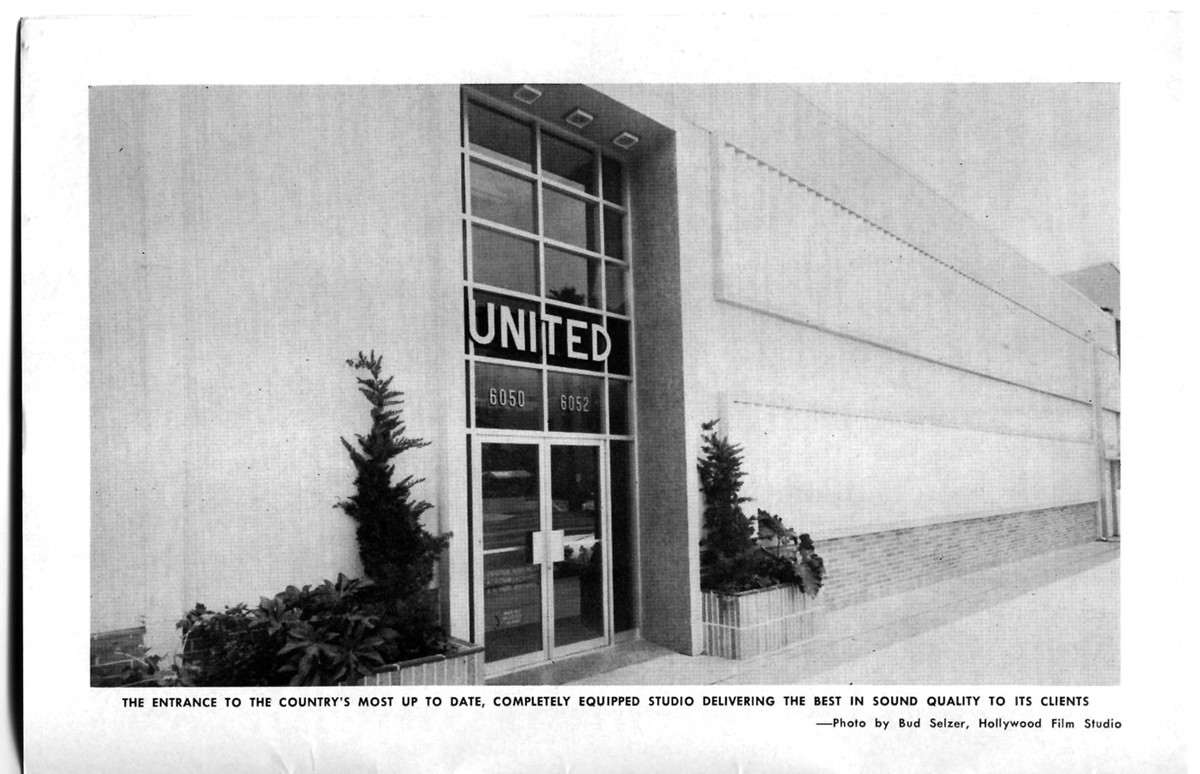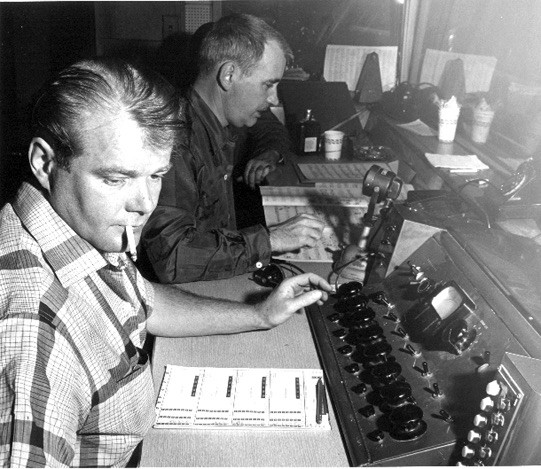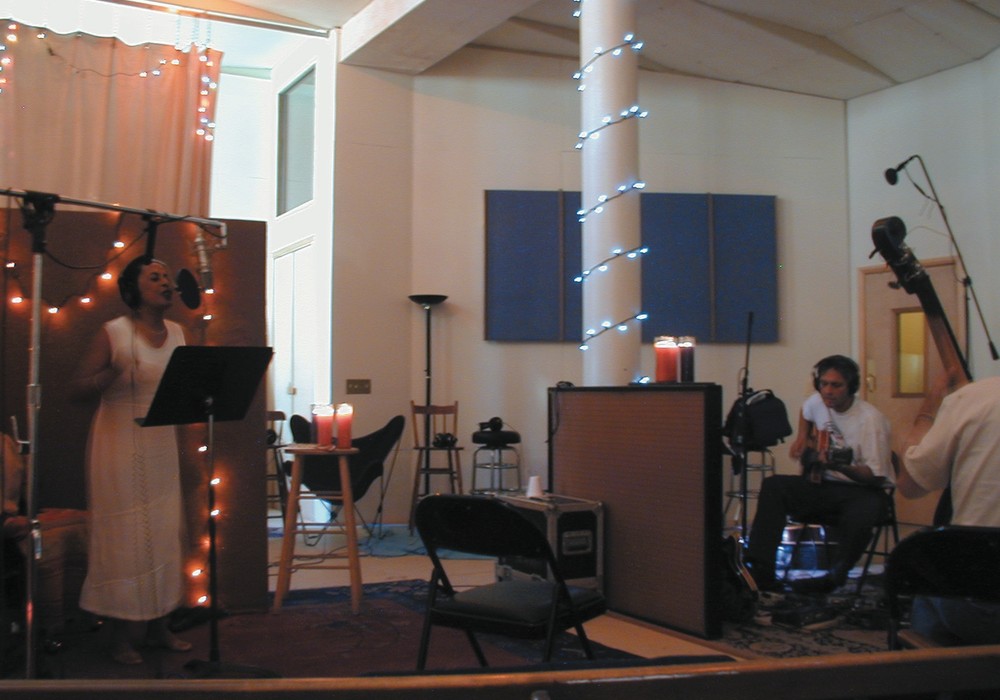After a pretty damm good surf session one fine sunny day in Santa Cruz, California, my friend and fellow recording engineer, Eric Broyhill and I stopped by the Universal Audio offices to talk with Bill Putnam Jr., who along with his brother Jim, revived their father's legendary company. Eric wrote the interview and I took photos. All I have to say is that Bill's a very gracious and inspiring guy, but if he thinks he's gonna sit in his office next time we come through town he's mistaken. We're gonna drag him into the ocean and make him surf.
Eric Broyhill: Let's start with you telling us what Universal Audio is and what it's all about.
Bill Putnam Jr.: We were thinking about this company and what do we call it. We knew we wanted to make cool analog equipment, we wanted to get back into business and we're like, "Universal Audio," which connects us back to our roots for personal as well as business reasons.
What kind of role do you and your brother Jim play in running Universal Audio?
My brother is kind of the creative end. He's in a band in LA called the Radar Brothers, he has a studio in his backyard with an API console and a lot of this was really his idea. We come from opposite schools-my background is in engineering, his is in music. So in remaking some of the old circuits I wanted to make improvements and he was the one who would step in and say, "No no no, stop. These units are great just the way they are, let's leave them alone." You look at anyone else's units and they're all different because it's difficult to go in and not try to make it better.
That's true. What do you think about other companies re- issuing vintage-style gear and their claim that it's totally faithful to the original, but a little better?
Well, I tried to go that route, but my brother stopped me and said, "Let's keep it 100% true to the original." And now looking back I think he was right because that's what people love. So as far as being better is concerned we are the closer to the original units than anyone else and in that way we are better. We opted for attention to detail in making it as close to the original as possible. I think there is room for other units that have "improvements" but that's not what we did.
I recently asked a friend of mine about the new LA-2A and how it compares to the original, which he owns a couple of. He said they sounded great but a little different because the materials used in the original transformers are no longer in use.
That's true but one of the bigger differences I found is the fact that ours are new. The most common thing that goes bad in a LA-2A is the light in the el-op [electro-optical]. These were made and designed to be lights in the instrument panel of an aircraft. But we are applying broadband audio so they degrade. They were not made for this particular application. So the effect is that the old ones are not as sensitive as the new ones, causing you to drive them more to get the same amount of compression.
I heard that as a kid you helped you father build 1176 limiters for your allowance. What was it like growing up with the legendary engineer Bill Putnam as your father?
I got to spend summers wiring stuff up, helping my dad hang and test the UREI monitors in the back yard. We had this 40 ft. scaffolding we used to put the speakers way up in the air above the trees and tested frequency response. It was kind of my dad's own creative anechoic chamber. During tests it was a 110 dB of, "bup, bup, bup, bup, bup, bup", all day. The neighbors couldn't have been more pleased.
How did your father start out?
He was an RF engineer in a couple of Illinois radio stations and that's how I got into this because my dad got me into radio. I knew how to build radio amplifiers before I could build audio amplifiers. Then my dad was drafted into the signal corps during WWII and during that time my father got into audio recording. Then right after the war he returned to Chicago and opened a recording studio. His big break was recording The Harmonicats. I think the story goes that they needed $350 to do the record and only had a hundred bucks, so my dad agreed to do it as long as he got 10%...




